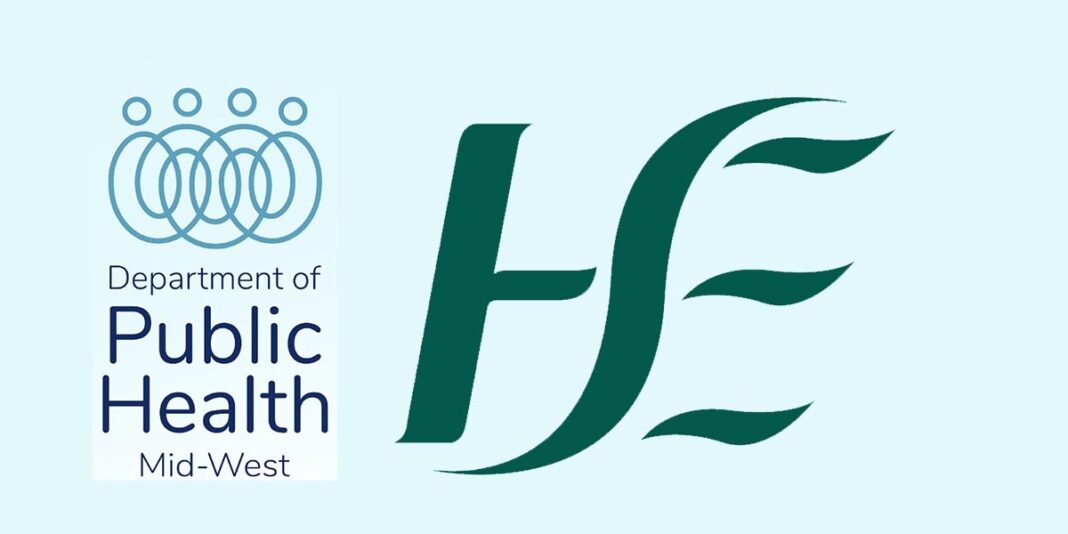The HSE’s Department of Public Health Mid-West has confirmed it is investigating a single case of confirmed meningococcal disease in Clare.
The HSE was notified of the case in recent days, and concerns a teenager who sadly died. It’s understood a teenager girl in the Shannon area became unwell at the weekend and subsequently passed away with suspected meningitis.
In a statement this afternoon, the HSE said: “We offer our sincere condolences to the family and friends of the deceased.”
The spokesperson added: “Close contacts are being identified by Public Health Mid-West and are being contacted and offered treatment. The overall risk to the wider community is considered low. Person-to-person spread of meningococcal disease is very unusual, especially with others who are not a household or physically close personal contact.
Meningitis is a serious illness involving inflammation of the membranes covering the brain and spinal cord.
It can be caused by a variety of different germs, mainly bacteria and viruses. Bacterial meningitis is less common but usually more serious than viral meningitis and requires urgent treatment with antibiotics.
Bacterial meningitis may be accompanied by septicaemia (blood poisoning). The bacteria live naturally in the nose and throat of normal healthy persons without causing illness.
The spread of the bacteria is caused by droplets from the nose and mouth. The illness occurs most frequently in young children and adolescents, usually as isolated cases.
Bacterial meningitis or septicaemia requires urgent antibiotic treatment.
While the risk to the wider community is considered low, we do want the general public to be aware of the signs and symptoms of this disease.
Signs and symptoms may include:
- Severe Headaches
- Fever
- Vomiting
- Drowsiness
- Discomfort from bright light
- Neck stiffness
- Rash
“We advise that if anyone has concerns, they should contact their GP immediately and ensure that medical expertise is sought,” the HSE said.
Vaccination
Meningococcal B disease is prevented by vaccination. The MenB vaccine was introduced in Ireland for all children born on or after 1 October 2016 because children under one year are at the highest risk of meningococcal B disease. All children are offered MenB vaccine at 2 and 4 months of age with a booster dose of MenB vaccine given at 12 months.
First year students in secondary school are offered Men ACWY vaccine.
